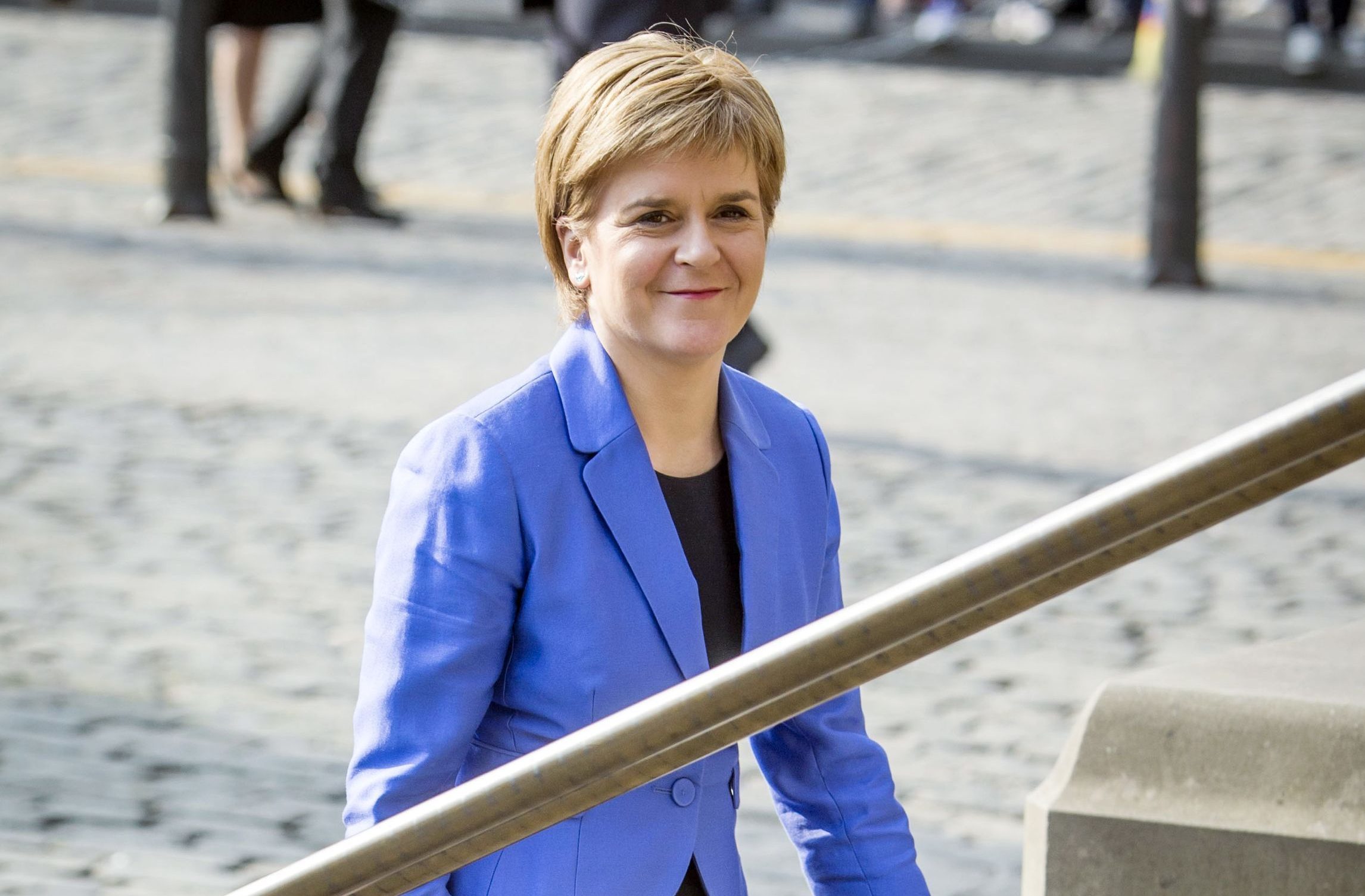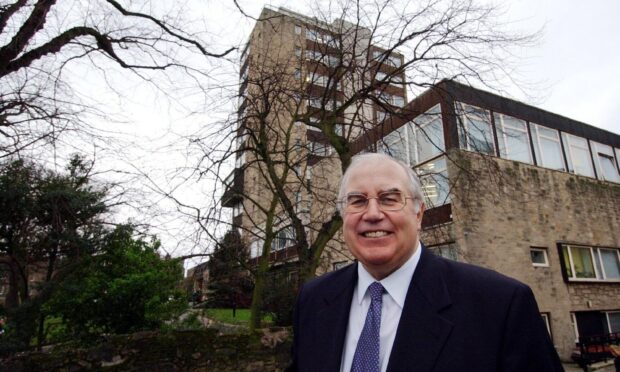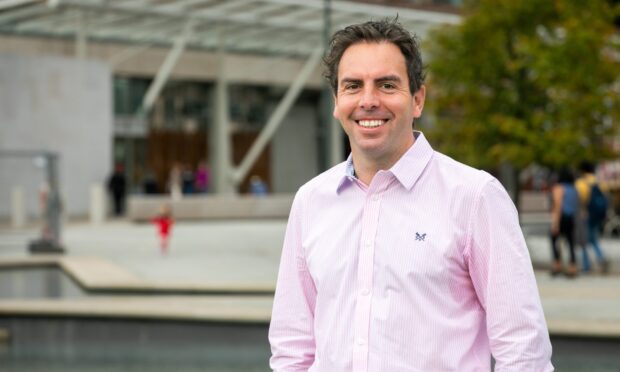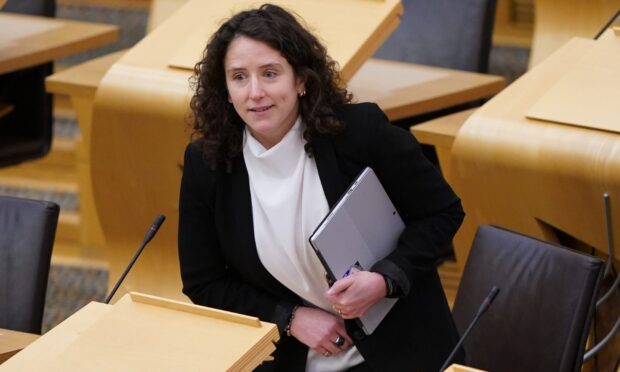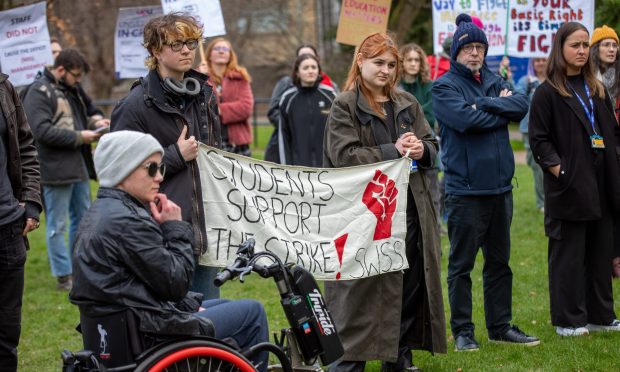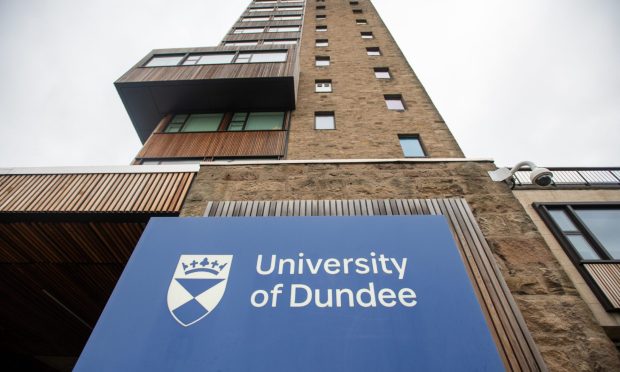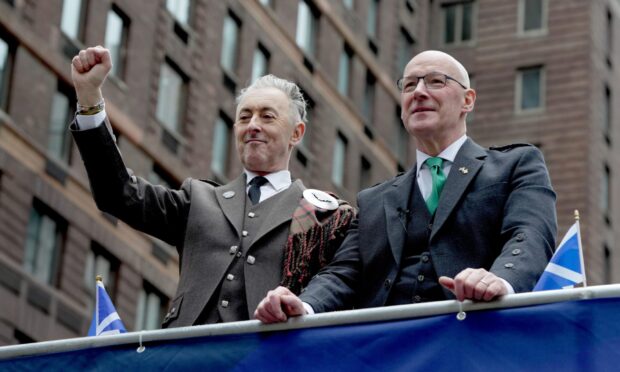Nicola Sturgeon said she is looking forward to the challenges ahead as she was formally sworn in as Scotland’s First Minister.
The SNP leader secured her first personal mandate from the public to lead the Scottish Government at the Holyrood elections.
Ms Sturgeon was sworn in before 15 judges in courtroom one of the First Division of the Court of Session in Edinburgh with Lord Carloway, Scotland’s Lord President, in the chair.
Lord Carloway, whose recommendation to scrap corroboration in criminal trials was shelved by the Scottish Government last year, told Ms Sturgeon she has “some tough decisions ahead” and “there is no guarantee that you will get things always right”.
Ms Sturgeon took over from Alex Salmond, Scotland’s longest-serving first minister, following the SNP’s failed bid for independence in 2014.
The SNP won the largest share of seats in Holyrood on May 5 but failed to secure a majority, meaning ministers will now have to strike deals with other parties to get legislation through.
Despite her reduced numbers, Ms Sturgeon won the election convincingly with twice as many seats as the resurgent Scottish Conservatives, who replaced Labour as Holyrood’s second biggest party.
At the Court of Session, she vowed to “well and truly serve Her Majesty, Queen Elizabeth, in the office of First Minister of the Scottish Government”.
Following the vow, Lord Carloway said: “On behalf of the court, may I take the opportunity to congratulate you on your election as First Minister of the Scottish Government.
“The position of First Minister is one of the great offices of state, and it is a greater honour to hold an office that carries with it many arduous responsibilities
“As I think you said yesterday, there are some tough decisions ahead and like all those sitting on this bench today there is no guarantee that you will get things always right.
“The court stands independent of government and parliament, and it must continue to do so, especially in its role as the reviewer of both ministerial action and parliamentary power.
“That does not mean that each institution should be isolated from each other.
“Continued communication is important to all and I look forward to continued interaction with the government and, of course, the parliamentary committees.
“From our own point of view on the bench, we await with interest the progress of many initiatives, particularly those concerning the courts themselves, the reserved tribunals, the legal profession and the changes proposed to the sentencing regimes.
“I hope that, not withstanding its burdens, the office of First Minister will continue to give you great pleasure and fulfilment in the new parliamentary term with all its new challenges.”
Speaking outside the court, Ms Sturgeon told the Press Association: “I am looking forward to the challenges ahead.”
Prior to his appointment as Lord President, Lord Carloway led reviews into criminal law and practice, which called for corroboration to be scrapped, and evidence and procedure, which called for reform of pre-trial witness statements and modernisation of the courts.
The Scottish Government withdrew plans to scrap corroboration from the Criminal Justice Bill last year following outcry from opposition parties and a subsequent report by Lord Bonomy recommending additional safeguards.
Justice secretary Michael Matheson said he would review Lord Bonomy’s recommendations but the SNP’s plans for corroboration were not subsequently outlined in the SNP manifesto.
The manifesto did contain a pledge to consider Lord Carloway’s evidence and procedure review, and “conduct jury research ahead of any further proposals to reform the criminal justice system”.
